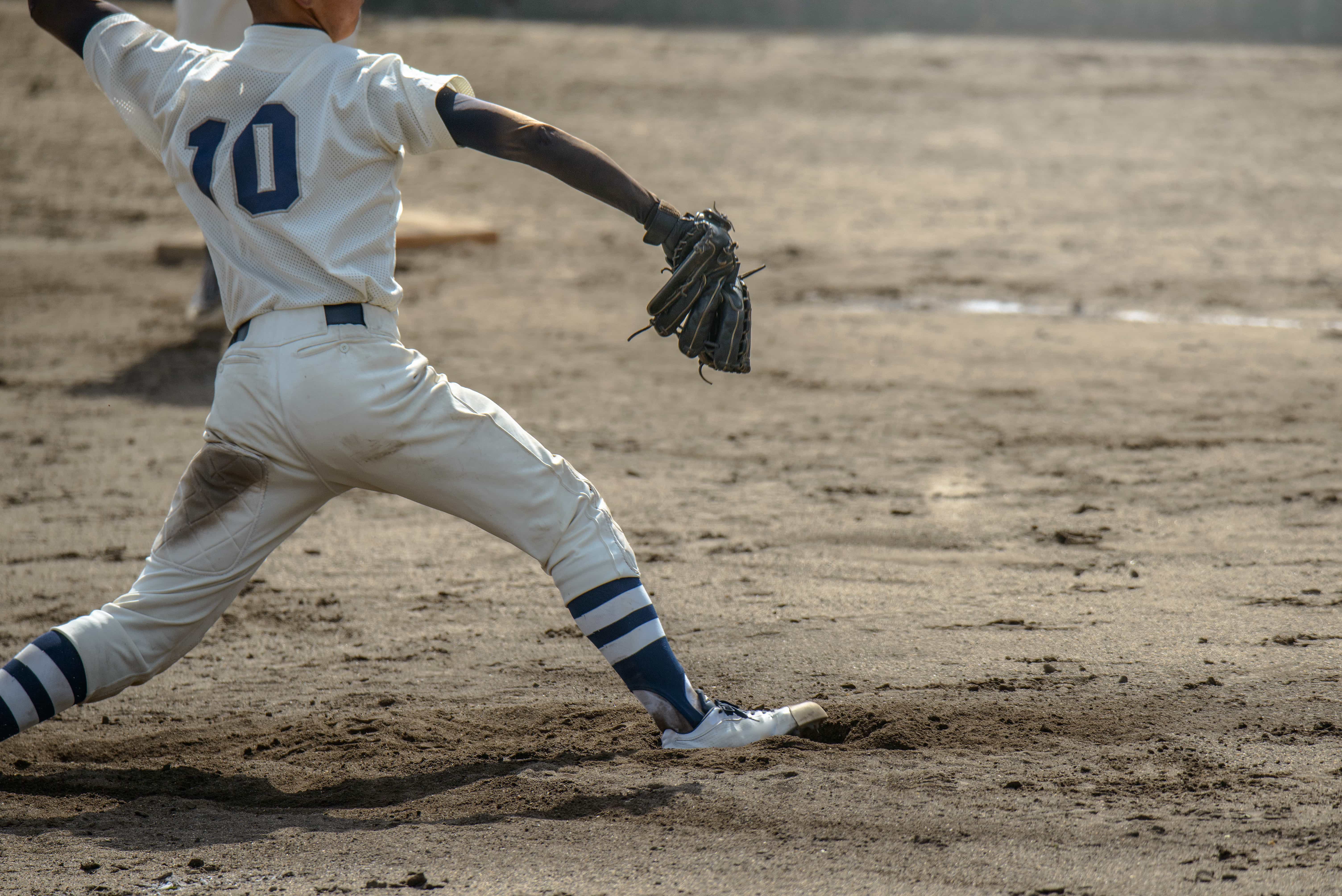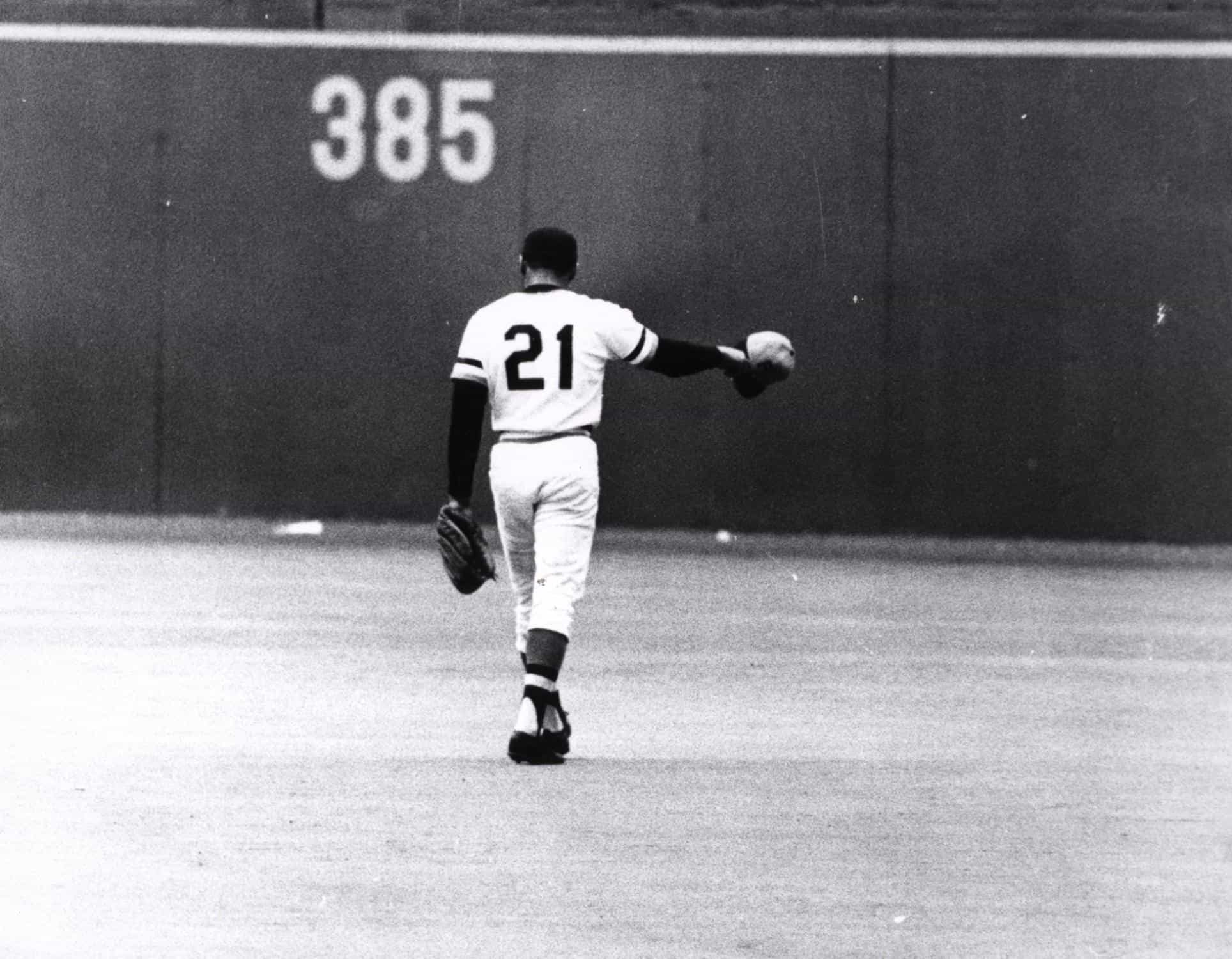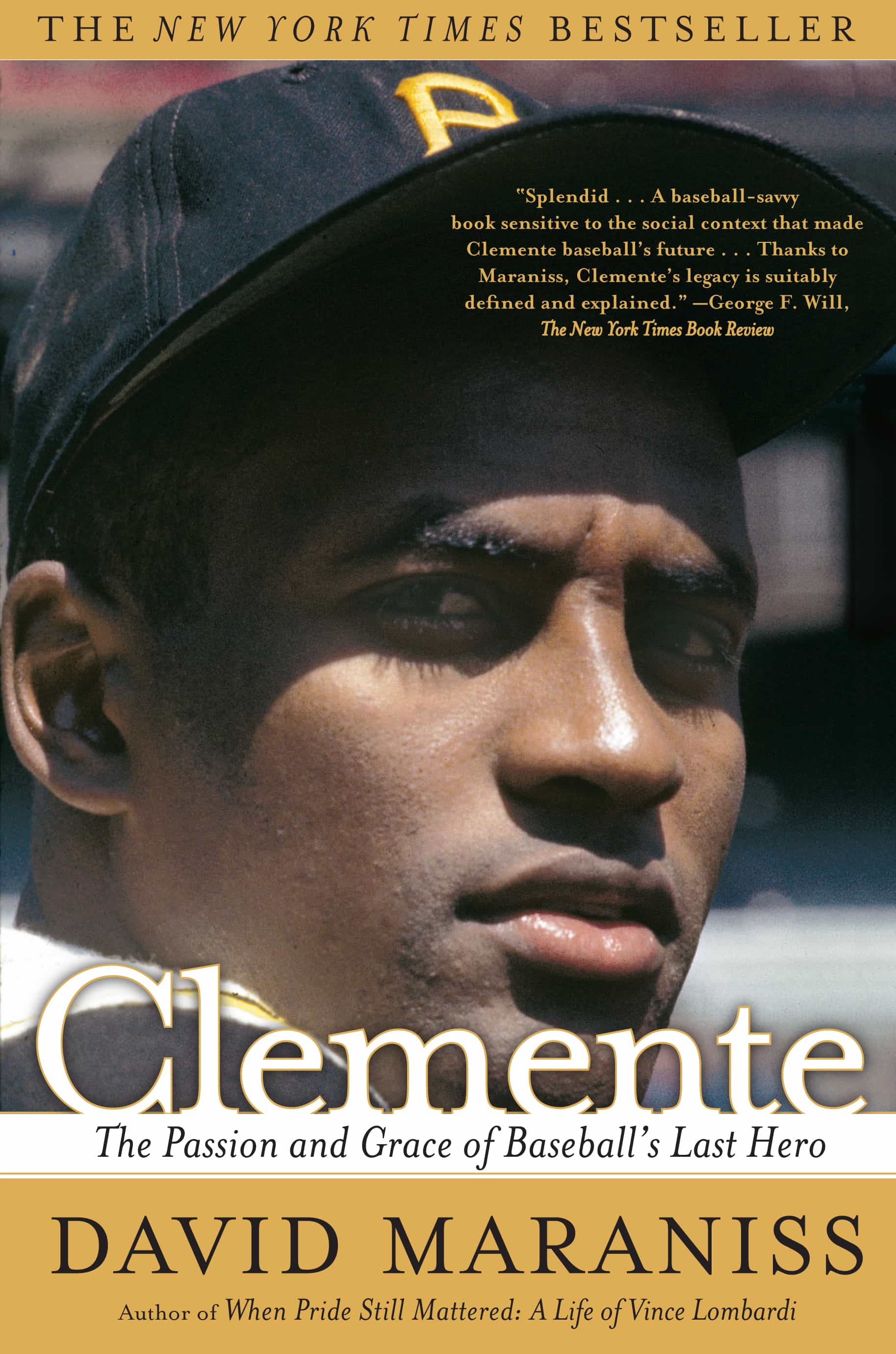“Memory and myth are entwined in the Clemente story. He has been dead for more than four decades, yet he remains vivid in the sporting consciousness while other athletes come and go, and this despite the fact that he played his entire career in relative obscurity, away from the mythmakers of New York and Los Angeles.”
Clemente
- CHOICE Outstanding Academic Title
- Latino Book Prize
On New Year’s Eve 1972, following eighteen magnificent seasons in the major leagues, Roberto Clemente died a hero’s death, killed in a plane crash as he attempted to deliver food and medical supplies to Nicaragua after a devastating earthquake. David Maraniss brings the great baseball player brilliantly back to life in Clemente: The Passion and Grace of Baseball’s Last Hero, a book destined to become a modern classic. Much like his acclaimed biography of Vince Lombardi, When Pride Still Mattered, Maraniss uses his narrative sweep and meticulous detail to capture the myth and a real man. Anyone who saw Clemente, as he played with a beautiful fury, will never forget him. He was a work of art in a game too often defined by statistics.
During his career with the Pittsburgh Pirates, he won four batting titles and led his team to championships in 1960 and 1971, getting a hit in all fourteen World Series games in which he played. His career ended with three-thousand hits, the magical three-thousandth coming in his final at-bat, and he and the immortal Lou Gehrig are the only players to have the five-year waiting period waived so they could be enshrined in the Hall of Fame immediately after their deaths. There is delightful baseball here, including thrilling accounts of the two World Series victories of Clemente’s underdog Pittsburgh Pirates, but this is far more than just another baseball book. Roberto Clemente was that rare athlete who rose above sports to become a symbol of larger themes.
Born near the canebrakes of rural Carolina, Puerto Rico, on August 18, 1934, at a time when there were no blacks or Puerto Ricans playing organized ball in the United States, Clemente went on to become the greatest Latino player in the major leagues. He was, in a sense, the Jackie Robinson of the Spanish-speaking world, a ballplayer of determination, grace, and dignity who paved the way and set the highest standard for waves of Latino players who followed in later generations and who now dominate the game.
The Clemente that Maraniss evokes was an idiosyncratic character who, unlike so many modern athletes, insisted that his responsibilities extended beyond the playing field. In his final years, his motto was that if you have a chance to help others and fail to do so, you are wasting your time on this earth. Here, in the final chapters, after capturing Clemente’s life and times, Maraniss retraces his final days, from the earthquake to the accident, using newly uncovered documents to reveal the corruption and negligence that led the unwitting hero on a mission of mercy toward his untimely death as an uninspected, overloaded plane plunged into the sea.
-
Clemente – The Passion and Grace of Baseball’s Last Hero
“Maraniss brings imagination, energy, and even poetry to his superb biography of one of the greatest ballplayers ever to delight a stadium full of fans.”
-
Clemente – The Passion and Grace of Baseball’s Last Hero
Just finished “Clemente,” the gripping bio by @davidmaraniss about the former Pirates star. Wow. I’m so grateful to have learned so much about such an unbelievable athlete and man and true hero. Highly recommend for baseball fans and non-fans alike.
-
Clemente – The Passion and Grace of Baseball’s Last Hero
And the best book on Clemente, by far, is David’s. One of the best biographies, period.

Something That Never Ends
It was long past midnight in Managua, Nicaragua, and Roberto Clemente could not sleep. Not sleeping at night was part of his routine, the same wherever he went. At his apartment at Chatham West in Pittsburgh, at his house atop the hill in Río Piedras, Puerto Rico, on the team plane during late-night cross-country flights, at road-trip hotels in Chicago, St. Louis, or Cincinnati—at each of them equally he could not sleep. He might find rest after sunrise, under the covers, with the air conditioner turned full blast and the drapes shut and taped tight to the wall so no light could penetrate a blackened room. Or he might doze off at work after lunch, in some subterranean chamber of a stadium, dark and cool. In the old days at Forbes Field, he often slipped away from his teammates before a game and took a nap inside the vacant clubhouse of the football Steelers. Left-handed pitcher Juan Pizarro, his countryman and occasional teammate, found him there once and started calling him Old Sleepy Head.
-
Clemente – The Passion and Grace of Baseball’s Last Hero
“Splendid… A baseball-savvy book sensitive to the social context that made Clemente baseball’s future… Thanks to Maraniss, Clemente’s legacy is suitably defined and explained.”
-
Clemente – The Passion and Grace of Baseball’s Last Hero
“The year’s best bio.”
-
Clemente – The Passion and Grace of Baseball’s Last Hero
“Clemente stands apart. His story, like the game he played, is a deep breath of fresh spring air.”

